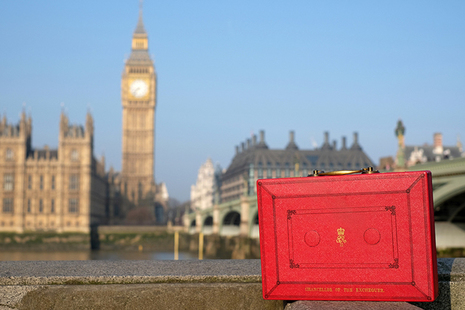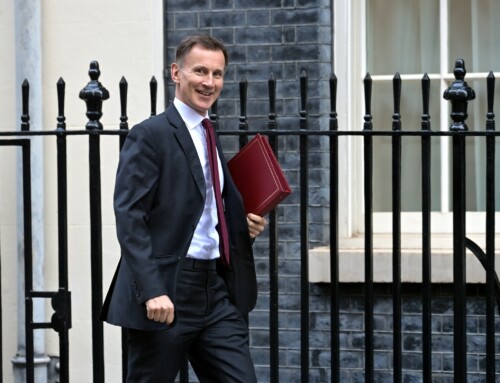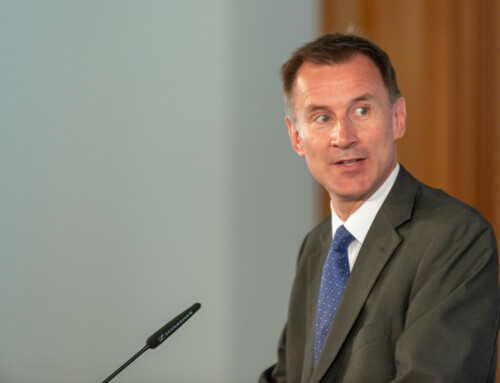Highlights from the 2020 Budget
Amongst all the present focus on the coronavirus, Rishi Sunak has delivered his first budget as chancellor. With a mix of expected and surprising changes to tax and the wider economy, we highlight some of the important considerations.
National Insurance
As pledged in the Conservative manifesto, the government are delivering on their promised national insurance tax break. The current threshold for making contributions equates to an annual salary of £8,632, but this is set to rise. Starting from April, employees and the self-employed will not start making NI contributions until they earn over £9,500.
According to the Institute for Fiscal Studies (IFS), this will mean that as many as 500,000 people will no longer be obligated to pay anything, and anyone still paying will save an average of £85 to £100 a year. This should have an impact on those with low-paying part-time jobs, who could see their take-home pay increase significantly.
Further relief comes in the form of an increased Employers’ Allowance. The NI bill relief for employers has risen from £3,000 to £4,000, but can no longer be claimed by employers with an NI bill exceeding £100,000. You can read more about this here.
Pensions tax for higher earners
The way that high earners are taxed is complicated, but this is set to change. Currently, if your annual income (including pensions) exceeds £150,000 then the tax relief on your pension becomes less generous, which causes a multitude of considerations. Many of these high earners across the UK, including doctors, have been refusing the extra hours at work which would result in a dramatically increased tax bill. The restrictions are currently set at £110,000, but with a government promise that this will only affect them once their annual income surpasses £200,000, we should see a decline in these high-skilled earners turning down work.
Entrepreneurs’ Relief
We previously discussed the possible changes to Entrepreneurs’ Relief that would come with the budget, and for most the changes are less severe than expected. The main point here is that the lifetime limit for Capital Gains Tax has been reduced from £10m to £1m (the limit set at ERs inception in 2008). Whilst this may impact a group of business owners, the good news is that the reduced CGT rate will remain at 10% for the time being.
Corporation Tax
Before the Conservatives came to power in December, the plan had been to cut corporation tax by 2%, but as expected this has not come to fruition. Rather than reducing the rate to 17% from the new tax year, businesses will continue paying the 19% that they have become accustomed to.
The impact of coronavirus
Sunak’s budget was certainly tailored, in part, towards combating the growing impact of coronavirus on the economy. Many of the measures that have been announced lend a focus to helping small businesses and protecting jobs. The budget comes in conjunction with an emergency cut in interest rates from the Bank of England, and improved provision for staff absences in the form of SSP as more people are being advised to self-isolate.
Get in touch
If you would like to discuss anything that was announced in the budget, or how your business might be affected, then please get in touch. We are continuously monitoring government policy changes to ensure that we are in a good place to help. Please email misty@griffinaccountancy.co.uk or call the office on 01392 241228.




